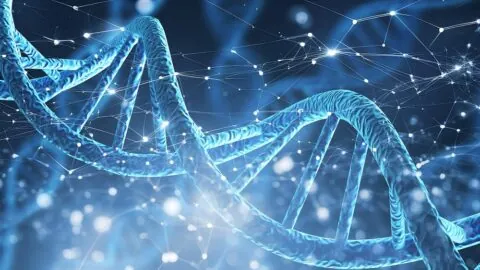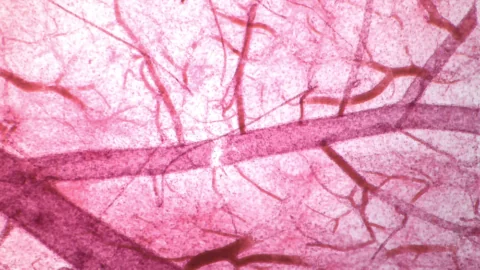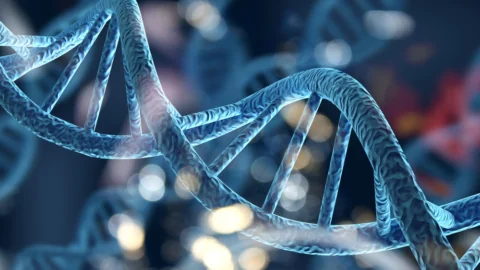February 24, 2025
The Arc Institute, a nonprofit research organization, has published a manuscript on its creation of Evo 2, an AI foundation model that is capable of both understanding and building full genomes of organisms. A new step in understanding biology The authors of this paper, a group of professionals largely from the Arc Institute and well-known...
February 15, 2024
In Nature Genetics, researchers have described how a defect in RNA transcription constitutes a previously undiscovered mechanism of aging. When the blueprint becomes harder to read Gene expression begins when a cell transcribes RNA from DNA protein codes. This process, like almost all others, is affected by aging. One key reason behind this is, of...
January 29, 2024
Steve Horvath, Vera Gorbunova, Alejandro Ocampo, and their team have used partial reprogramming to repair DNA damage in a mouse model. They published their findings in Frontiers in Aging. Building a path to rejuvenation Yamanaka Factors - Opportunities for RejuvenationDrs. Takahashi and Yamanaka showed that they could use Oct4, Sox2, Klf4, and c-Myc (OSKM) to reprogram...
December 11, 2023
In a paper published on Saturday in Aging, researchers have described a method of activating the sirtuin SIRT6 to reduce DNA damage, reducing senescence and possibly treating arthritis. Sirtuins, genetic damage, and senescence Extensive previous research has found that SIRT6, a deacetylase that is dependent on NAD+, is instrumental in DNA repair [1] and naturally...
October 19, 2023
In a paper published in Aging, researchers have explored the relationship between DNA damage and aging of the blood vessels. How arteries age This paper begins with some well-known facts about aging and cardiovascular risk. Cardiovascular disease is the single most common cause of death in the world. Accompanying this increase in risk are an...
July 19, 2023
Researchers have analyzed the activity of genes in the livers, kidneys, and brains of over a hundred mammals and found genes that are consistently associated with longevity [1]. The search for longevity-associated genes Between the shortest-living and the longest-living mammal, there is a more than 100-fold difference in lifespan. This natural difference may be key...







